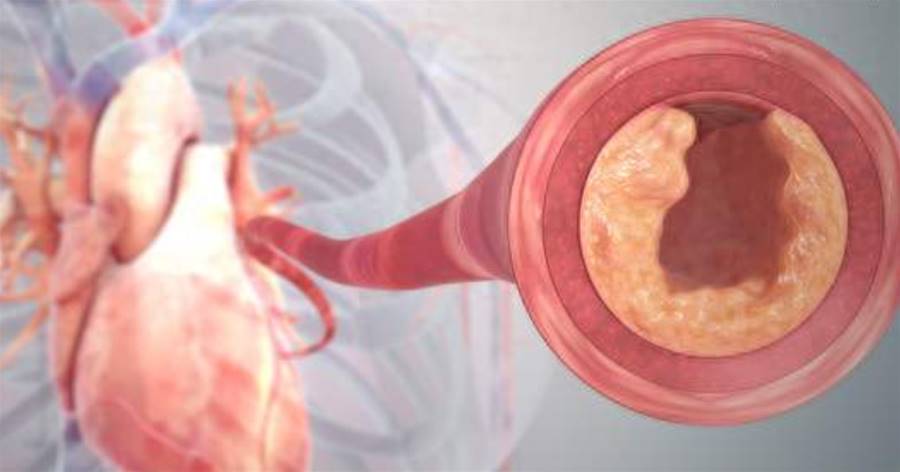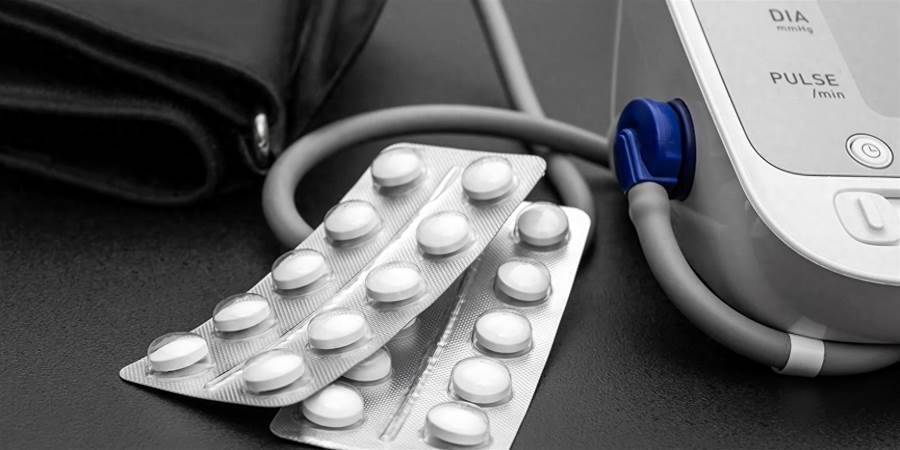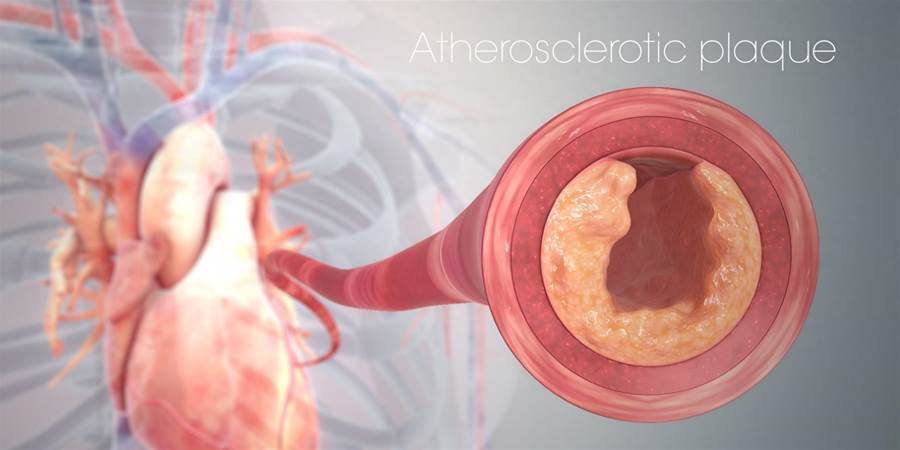

In reality, many patients with coronary heart disease find that their blood pressure is always at a low level for a long time. On the one hand, this may be related to reduced heart function; on the other hand, it may also be caused by the drugs used to treat coronary heart disease. Next, let's talk about them one by one.

Decreased cardiac function leading to low blood pressureThe heart is the total power pump of our entire circulatory system, and the pulsation (contraction) of the heart is the core element in maintaining human arterial blood pressure. When the heart's own contractile function is impaired, arterial blood pressure will drop significantly.

Clinically, coronary heart disease is one of the most common causes of reduced cardiac function.
For example, patients often ask: My blood pressure used to be very high, but after a "myocardial infarction", my blood pressure became very low. Even if I no longer take the previous antihypertensive drugs, my blood pressure just can't go up.
Come. What is the actual cause?

In fact, this is most likely because the part of the myocardial tissue that has been infarcted cannot continue to "work" effectively, leading to a significant decrease in cardiac function.
In addition to "acute" ischemia and infarction like myocardial infarction, long-term and chronic myocardial ischemia can also cause "ischemic cardiomyopathy", which in turn causes a decrease in heart function.

All in all, patients with coronary heart disease may experience reduced cardiac function due to acute myocardial infarction or chronic myocardial ischemia. Once heart function decreases, blood pressure will drop.
So, how do you know if your heart function is declining? Generally, it is mainly examined clinically through cardiac color ultrasound.
Cardiac color ultrasound can roughly measure the ejection function of the heart and observe whether the activities of various heart structures are normal.

When cardiac function declines significantly, cardiac color ultrasound will show symptoms such as "decreased left ventricular ejection fraction" or even "weakening of some myocardial activity.
" At this time, blood pressure is often accompanied by a significant drop.

Therefore, patients with coronary heart disease should have regular cardiac ultrasound examinations. Especially for those patients with coronary heart disease who have recently experienced a drop in blood pressure, it is best to use cardiac ultrasound to determine whether there is a decrease in cardiac function.



















